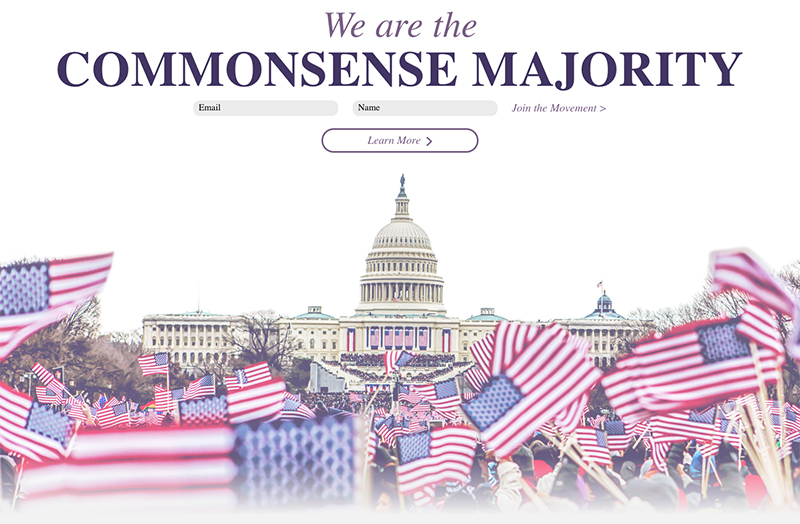By Jim Ellis — Friday, Aug. 11, 2023
Senate
Senate Races: Balance of Power — The 2024 US Senate races are critical in determining which party will control the chamber in the next Congress, but before Republicans mount a challenge to the Democratic majority they must first navigate through what, in some cases, could be contentious primaries.
The Democrats have only one legitimate challenge opportunity within the field of 11 Republican defense states — Texas — but here as well, they feature a competitive battle for the party nomination. They are also likely headed to a rousing year-long double-Democratic jungle primary and general election in California and a hotly contested open intra-party battle in Maryland.
The following is a brief synopsis of the primary situations in the states alphabetically from Arizona through Montana. Next, we will cover Nevada through Wisconsin:

Sen. Kyrsten Sinema (I) / Photo by Gage Skidmore
On the Republican side, reports are surfacing the 2022 gubernatorial candidate Kari Lake is close to announcing her Senate effort. Pinal County Sheriff Mark Lamb is already a declared candidate. Early polling suggests that Lake would begin with a significant primary lead.
Though most Republican strategists blanch at another Lake run, it is important to remember that she received 49.6 percent of the vote in the governor’s race. In the three-way Senate contest, 35-38 percent is likely all that’s necessary to win and she has strong base support. The Arizona primary is scheduled for Aug. 6, 2024.
• California: Sen. Dianne Feinstein (D) is retiring, and in her wake is a major political battle among three progressive left Democratic House members, Reps. Barbara Lee (D-Oakland), Katie Porter (D-Irvine), and Adam Schiff (D-Burbank). The big question coming from the jungle primary is whether a Republican, coalescing the minority party votes, can capture one of the two general election finalist positions because the Democratic vote will be so badly fractured.
Chances are Reps. Schiff and Porter, probably in that order, advance into what promises to be a contentious and very expensive open US Senate general election campaign. The California jungle primary is scheduled for Super Tuesday, March 5.
• Florida: Democrats have yet to find a credible opponent for Sen. Rick Scott (R), but he does have Republican opposition. Businessman Keith Gross, who reportedly has the wherewithal to fund his own campaign but has yet to make a substantial investment, is challenging Sen. Scott for renomination.
Gross may be able to wage a battle against the senator but toppling him for the nomination appears as a bridge too far. Sen. Scott appears in good shape for renomination and re-election. The Florida primary is late, Aug. 20, 2024, so much time remains for a primary contest to take shape.
• Indiana: Sen. Mike Braun (R) is leaving the Senate to run for governor, and Congressman Jim Banks (R-Columbia City) appears to be the prohibitive favorite to succeed him in both the Republican primary and general election. At this point, no strong Republican has emerged, but that could change as we get closer to the Feb. 9, 2024, candidate filing deadline. The Indiana primary is scheduled for May 7, 2024.
Continue reading






